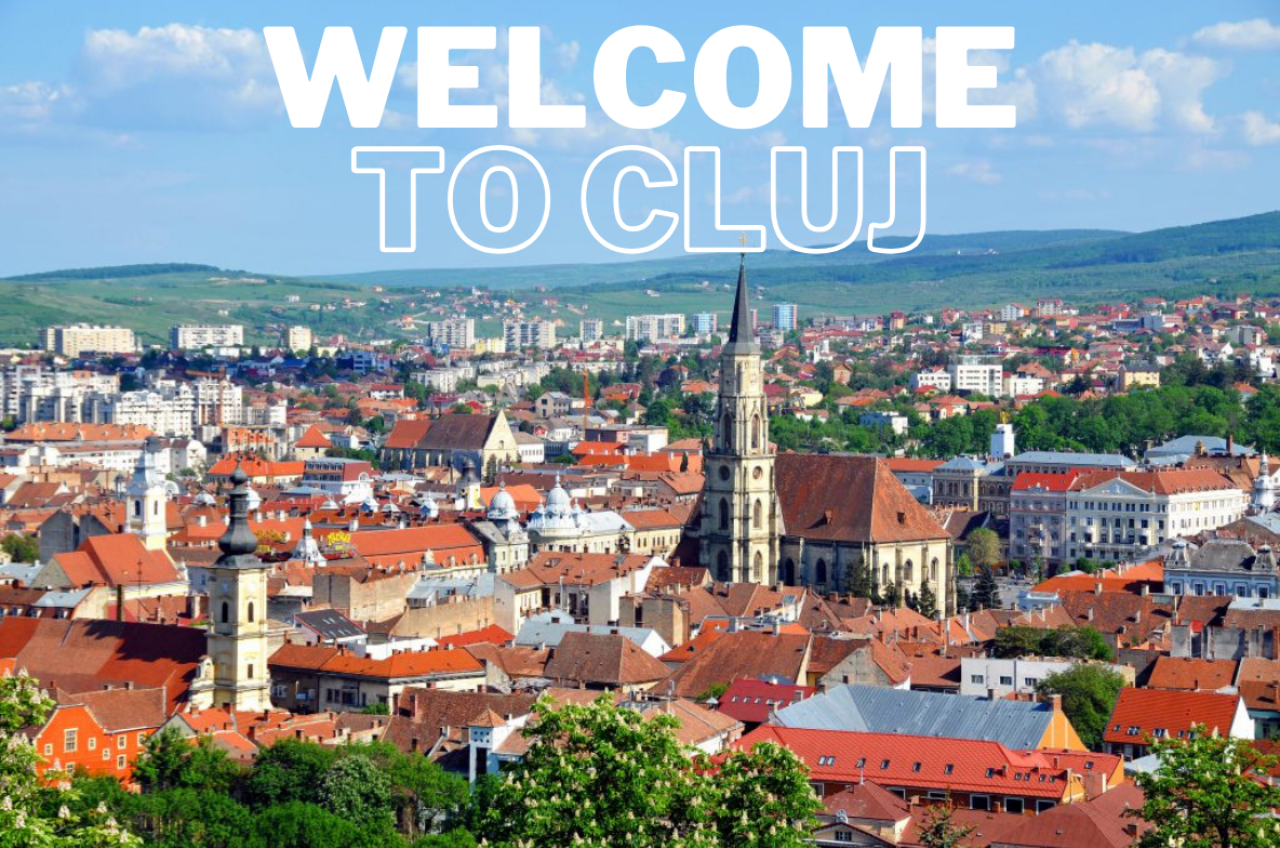The necessity of digital inclusion for migrants
Migrants often face difficulties in accessing information about their legal rights, healthcare, education, housing, and employment. They particularly report challenges due to the diversity and multitude of existing websites, making their efforts complex. How can they apply for jobs online, create profiles, find doctors, secure housing, open bank accounts, and more if they lack the necessary skills to use this constantly evolving tool?
The internet, therefore, emerges as an essential and facilitating tool for migrants' efforts. Digital inclusion, through the development of dedicated tools, is thus a crucial issue to enable them to access vital information for their integration. "One Stop Shop" websites appear to be a solution. These portals offer all necessary information in a centralized manner for migrants. A single website providing simplified access to all information in each field: employment, housing, health, education, community, etc. Thanks to these digital tools, migrants, both young and old, can access online job offers, enrol in training programs, take online courses, find specialist doctors, make appointments, connect with people in similar situations, and participate in workshops or forums.
These tools facilitate their social integration by connecting them with local communities and support networks, improving access to employment and healthcare, and fostering the development of new skills. Digital inclusion through these tools helps reduce confusion and uncertainty for newcomers, facilitates their adaptation to a new environment, offers emotional support and practical advice, and even aids in regularizing their situation.
A strategy of digital inclusion in Cluj-Napoca (Romania)
Cluj-Napoca, Romania, has advanced its approach to migration through proactive collaboration with academic experts, civil society, and public authorities. Historically, since the 1980s, the city has attracted international students and, from the 2000s onwards, has seen an increase in the number of migrant workers. Over the past five years, the city's non-Romanian population has grown from 8,000 to 22,000. Many of these migrants are highly skilled professionals, including experts in economics and information technology, primarily from the European Union.
Cluj has also become a destination for people of Romanian descent born abroad, some of whom do not speak Romanian. This growing diversity has enriched the city but also introduced unique integration challenges. In response to these challenges, the city has aimed to be inclusive and innovative. This was particularly evident during the Ukrainian crisis when Cluj welcomed thousands of refugees. The integration process was facilitated by the combined efforts of civil society, the university, and public authorities, demonstrating the strength of collaborative action.
Digital tools have been essential in Cluj-Napoca's integration efforts. Various think tanks in the city collaborate with public authorities on projects that develop a nuanced understanding of integration. These initiatives frequently use digital platforms to provide information, connect migrants with local communities, and offer language and professional training. The city's strategies include creating digital hubs that serve as one-stop shops where migrants can access essential services, information, and community support. This digital approach not only simplifies the integration process but also fosters a sense of belonging among migrants, helping them adjust to life in this welcoming city.
To support these efforts, the Cluj-Napoca city council has launched an innovative website, ‘welcometocluj,’ which offers a comprehensive range of services to both new arrivals and long-term residents. This platform serves as a one-stop shop, providing informational, transactional, and interconnected services designed to facilitate integration and improve the quality of life in the city. The site is available in six languages: Arabic, English, German, Italian, Romanian, and Ukrainian.
The informational services on the website cover a broad spectrum of topics. Users can find detailed information on education, from kindergarten to university, ensuring that families have access to essential educational resources. Additionally, the site addresses various social matters, including marriage, religion, and travel, helping residents navigate everyday life in Cluj. In the near future, the team behind this site plans to enhance the one-stop shop by incorporating advanced features such as AI and live chat. These improvements will enable faster and more efficient responses to user inquiries, significantly enhancing the user experience. Additionally, plans are underway to expand the physical office, further supporting the online resources with in-person assistance. This platform is thus a vital resource for anyone living in or moving to Cluj, illustrating the city's commitment to welcoming and integrating its diverse population through digital innovation and accessible support services.
Digital inclusion empowers migrants to overcome many obstacles and fully participate in the economic, social, and cultural life of their new country. However, it is essential to recognize and address the risks of digital exclusion, as its impact on migrants can be significant but not always visible. By ensuring access to digital tools and resources, societies can prevent migrants from being left behind, enabling them to contribute meaningfully to their communities. Cities like Cluj-Napoca illustrate how investing in digital inclusion initiatives benefits both migrants and society, promoting a more inclusive and connected world.

